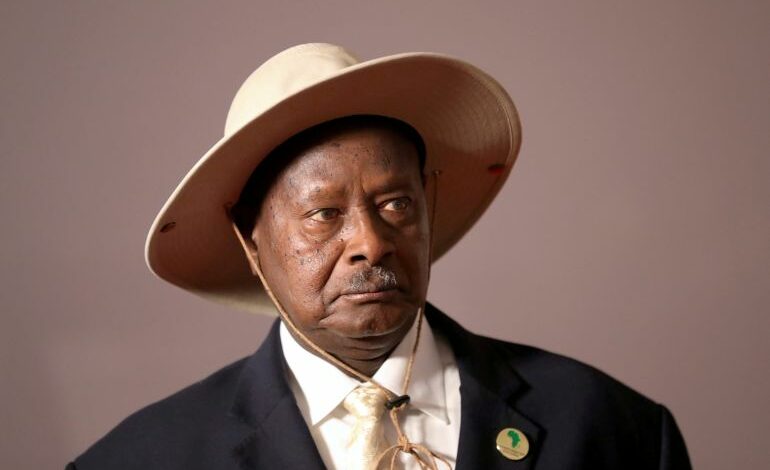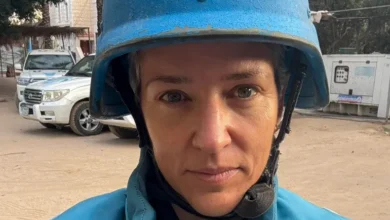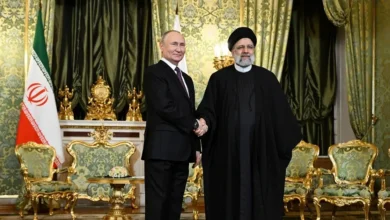Uganda’s Museveni approves anti-LGBTQ law – parliament speaker

Ugandan President Yoweri Museveni has assented to an anti-homosexuality law, the speaker of the country’s parliament said on Monday.
The approval of the law, one of the world’s strictest anti-LGBTQ laws, comes in defiance to a string of condemnations from Western governments, businesses and human rights activists.
“I now encourage the duty bearers under the law to execute the mandate bestowed upon them in the Anti-Homosexuality Act,” parliament speaker Anita Among said in a post on Twitter. “The people of Uganda have spoken, and it is your duty to now enforce the law in a fair, steadfast, and firm manner.”
Same-sex relations were already illegal in Uganda, as they are in more than 30 African countries, but the new law goes much further in targeting lesbian, gay, bisexual, transgender and queer people.
It imposes capital punishment for some behaviour including having gay sex when HIV-positive, and stipulates a 20-year sentence for “promoting” homosexuality.
Museveni previously advised legislators last week to “look into the issue of rehabilitation” and make changes to the bill.
In a letter to parliament in April, he said it needed to be clear and distinguish between someone who professes a homosexual lifestyle and someone who actually commits homosexual acts.
“The proposed law should be clear so that what is thought to be criminalised is not the state of one having a deviant proclivity but rather the actions of one acting on that deviancy,” Museveni wrote in the letter.
“The bill should be reviewed and include a provision that clearly states… a person who is believed or alleged or suspected of being a homosexual who has not committed a sexual act with another person of the same sex does not commit an offence.”
A less restrictive 2014 anti-LGBTQ law was struck down by a domestic court on procedural grounds, after Western governments had initially suspended some aid, imposed visa restrictions and curtailed security cooperation.










